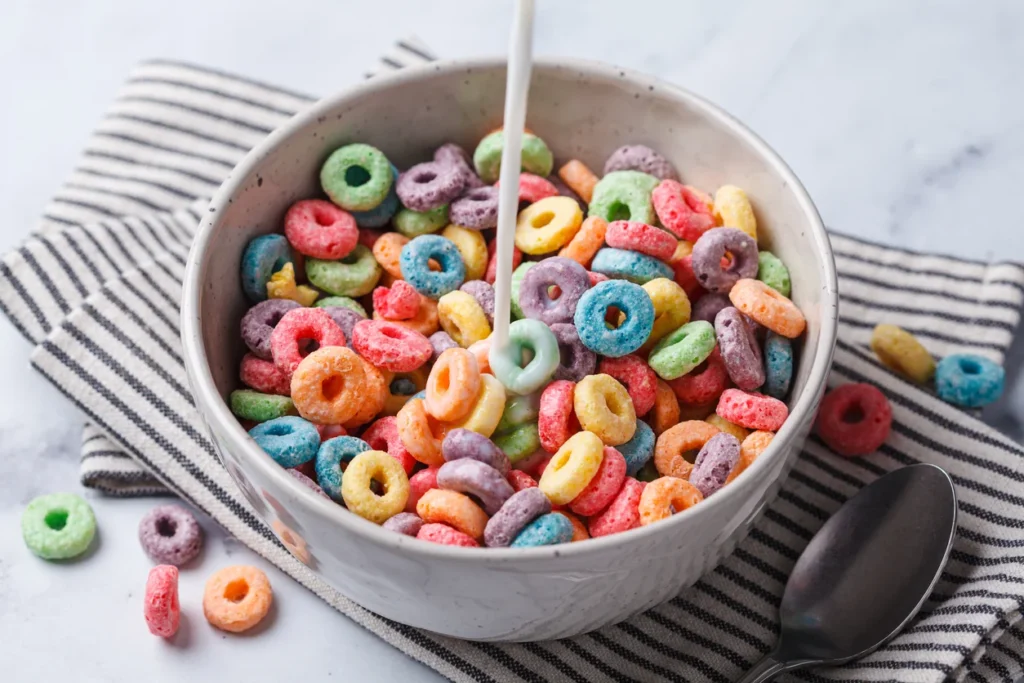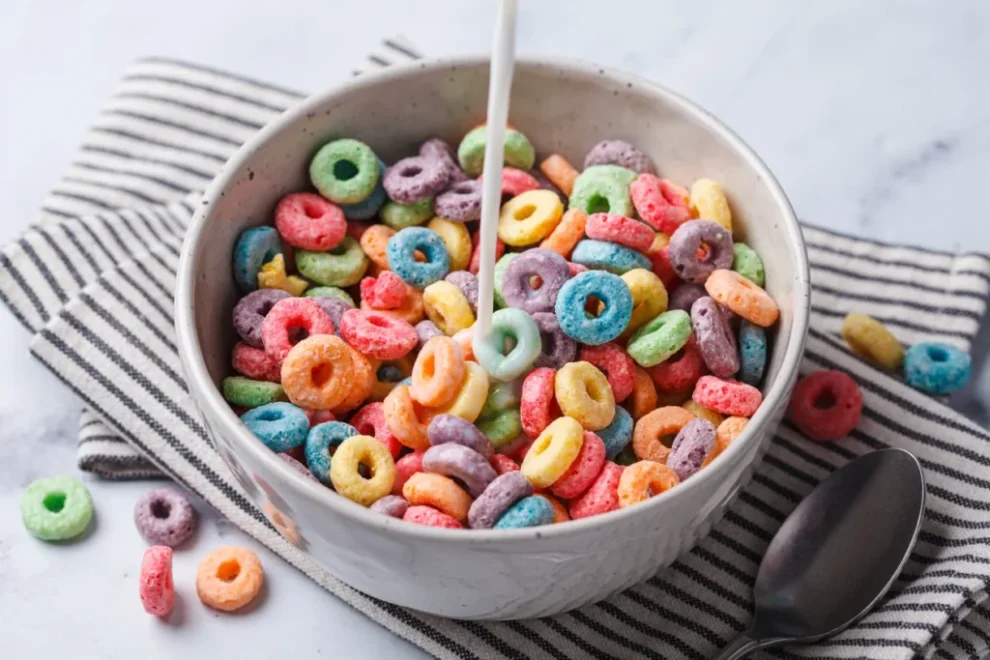Boxed cereal, once the king of American breakfast tables and a defining fixture of Generation X childhoods, is rapidly losing appeal, especially among Gen Z, who seem to be trading their cereal spoons for smoothies, eggs, and mental clarity.
United States cereal sales have steadily declined for more than 25 years. A brief pandemic-era uptick couldn’t stop the slide: According to NielsenIQ, cereal sales dropped over 13% from nearly 2.5 billion boxes in 2021 to just 2.1 billion this year.
For Generation Z, born between 1997 and 2012, the shift is about more than just taste or time.
Kenton Barello of YouGov says Gen Z is actively rethinking breakfast traditions passed down by millennials, Gen X, and boomers alike.
According to YouGov, only 26% of Gen Z report regularly eating cold cereal, compared to 36% of Gen X. And when they do eat cereal, it’s more likely to be a snack than a sit-down meal. Cooked breakfasts like eggs, pancakes, or bacon remain popular among millennials and Gen X, while Gen Z leans toward portable or ready-to-eat options. Cereal bars, pastries, or donuts appear in 16% of Gen Z breakfasts, while Pop-Tarts account for another 8%.

For Gen X, cereal wasn’t just food but a survival tool. As latchkey children raised in dual-income households or by single parents, convenience was king. Parents needed quick, no-prep options to feed their children before work, and cereal, requiring only a bowl, milk, and a spoon, fit the bill.
In the 1980s and early ’90s, U.S. cereal consumption peaked at over 3 billion pounds per year. Cereal brands blanketed Saturday morning cartoon blocks with ads, mascots, and prizes, ensuring children were hooked and parents were relieved.
Recognizing the nutritional vacuum in many products, cereal companies attempted to salvage their image by fortifying sugary cereals with vitamins and minerals.
A 2017 study by Mintel found that Gen X remained loyal as they became parents, often buying the same nostalgic brands for their children. But today, loyalty is being tested even more.
Enter the Make America Healthy Again (MAHA) movement, led by Health and Human Services Secretary Robert F. Kennedy Jr., who has been outspoken in criticizing sugary, ultra-processed cereals like Froot Loops for containing harmful dyes and preservatives.
Red Dye 3, associated with hyperactivity and thyroid tumors, is among the top targets. Kennedy has proposed phasing it out entirely by 2027, aligning with broader MAHA goals of eliminating synthetic food additives.
Last year, MAHA demonstrators rallied outside WK Kellogg’s Michigan headquarters. Since then, Kellogg’s has pledged to reformulate its cereals served in schools to be FD&C dye-free by the 2026–27 school year. The company also plans to remove the dyes from remaining retail cereals by 2027.
According to Morning Consult, 68% of Gen Zers say they eat healthy “always” or “often,” but their definition of “healthy” is holistic. Unlike millennials, who grew up on 1990s diet culture and calorie obsession, Gen Z views food through a wellness lens, focusing on long-term benefits, mental health, and natural ingredients.
More than half say they eat healthy to feel good and stay in shape, while nearly 2 in 5 point to mental health as a key motivator.
BAND OF BROS: PODCASTS HELPED GIVE RISE TO THE MAHA MOVEMENT
The culture around food shifted just as Gen Z came of age. With the rise of body positivity and “foodie” culture, eating well became aspirational and even fashionable. The term “crunchy,” once evoking cereal, now describes a back-to-basics lifestyle centered on clean eating, mindfulness, and earthy authenticity.
Cereal manufacturers are scrambling to adapt to these cultural and regulatory headwinds. Some are reformulating recipes, slashing sugar, and replacing artificial dyes with natural alternatives.
























